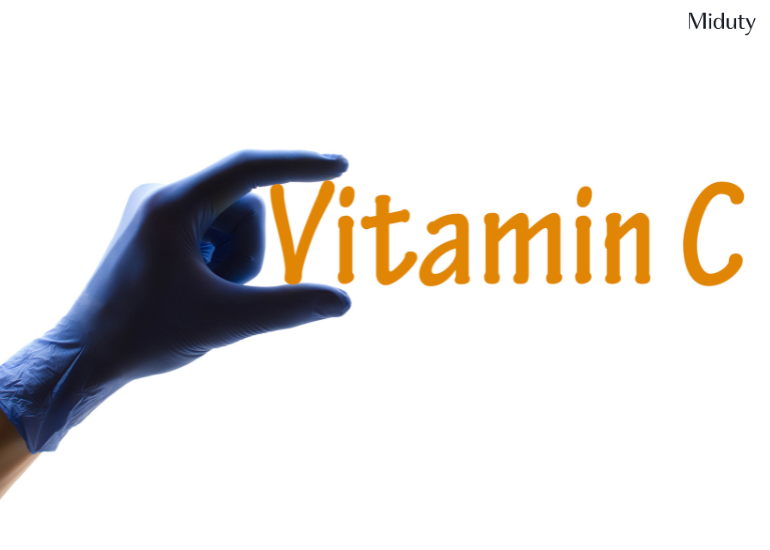
Best Recommended Exercises for Fatty Liver: Essential Benefits and Tips
Key Takeaways
- Common Symptoms: Bloating, indigestion, and fatigue are often overlooked signs of fatty liver disease, which many experience.
- Empowerment through Lifestyle: You can reverse fatty liver disease with lifestyle changes, focusing on exercise and appropriate supplements.
- Importance of Exercise: Regular physical activity enhances liver function, aids weight management, reduces inflammation, and improves insulin sensitivity.
- Role of Supplements: Liver-supporting supplements like N-acetylcysteine, Milk Thistle, Vitamin C, and Vitamin E can enhance liver health and protect against oxidative stress.
- Balanced Approach: Combining regular exercise with a healthy diet and targeted supplements is essential for effective management and reversal of fatty liver disease.

Feeling bloated and uncomfortable after meals? You're not alone. Many people experience these nagging symptoms, like persistent indigestion, fatigue, and a sense of fullness that just won't quit. It's easy to brush it off as just another consequence of our busy lives, but these could be signs of fatty liver.
But here's the good news: you have the power to turn things around.
With the right mix of exercise and supplements, you can give your liver a much-needed boost and start feeling better which eventually helps you reverse fatty liver disease.
In this blog, we'll delve into how exercise and supplements can help manage and even reverse fatty liver.
Discover how simple workouts and targeted supplements, like milk thistle and NAC, can support your liver and improve your overall well-being. Let's get started on this journey to better health!
Table of Contents
1. Benefits of Exercies for Fatty Liver
- Aerobic Exercises
- Resistance Training
- High-Intensity Interval Training
- Flexibility and Stretching Exercises
3. Supplements for Fatty Liver
4. Conclusion
6. References
Why Exercise is Crucial for Fatty Liver Management? - The Benefits
Fatty liver is often unfairly associated with being overweight, leading to mockery of those who struggle with it. However, many slim individuals also face this issue due to poor dietary choices and a sedentary lifestyle. It's easy to overlook that health isn't solely defined by size.
Imagine someone who's fit but lives on a diet of processed foods and rarely exercises. They might develop fatty liver just as easily as someone who is heavier.
This highlights the importance of understanding that health is complex, and conditions like fatty liver can affect anyone, regardless of appearance. Instead of mockery, we should focus on compassion and awareness about the factors that contribute to liver health.
|
Benefits |
Description |
|
Enhances Liver Function |
Regular exercise helps burn excess fat, reducing fat accumulation in the liver. |
|
Aids in Weight Management |
Even modest weight loss through exercise can significantly decrease liver fat, crucial for those with fatty liver disease. |
|
Reduces Inflammation |
Physical activity lowers inflammation markers in the body, decreasing the risk of progression from NAFLD to more severe conditions like NASH. |
|
Improves Insulin Sensitivity |
Exercise boosts insulin sensitivity, helping the body use glucose more effectively and reducing fat buildup in the liver. |
|
Supports Overall Liver Health |
Incorporating exercise into your routine helps maintain a healthy liver, preventing the worsening of fatty liver disease. |
What are the Recommended Exercises for Fatty Liver?
1. Aerobic Exercises

Examples: Walking, jogging, cycling
Benefits: These activities are excellent for boosting cardiovascular health and burning fat. Aerobic exercises increase your heart rate, helping your body burn calories more efficiently and reducing fat stores in the liver. [1]
2. Resistance Training

Examples: Weight lifting, and bodyweight exercises like push-ups and squats.
Benefits: Resistance training builds muscle mass, which is crucial for boosting metabolism. Increased muscle mass leads to higher calorie burn, even at rest, helping to reduce liver fat and support overall weight management. [2]
3. High-Intensity Interval Training (HIIT)

Overview: HIIT involves alternating between short bursts of intense exercise and periods of rest or low-intensity exercise. This type of workout can be done with various exercises, including running, cycling, or bodyweight movements.
You can check the video on HIIT workout here: HIIT Workout
Benefits: HIIT is highly effective for maximizing calorie burn in a shorter period. It improves metabolic health, which is essential for those with fatty liver, as it enhances fat burning and helps manage insulin levels. [3]
4. Flexibility and Stretching Exercises

Examples: Yoga, Pilates.
You can check out full yoga workout here: Yoga Workout
Benefits: While these exercises may not burn as many calories as aerobic or resistance training, they are invaluable for reducing stress. Lower stress levels can positively impact liver health by reducing inflammation and supporting overall well-being. [4]
The Role of Supplements in Supporting Exercise and Liver Health

Supplements can play a significant role in enhancing both exercise performance and liver health, especially when managing fatty liver disease. Liver-supporting supplements like N-acetylcysteine and Milk Thistle, Vitamin C, and Vitamin E are particularly beneficial.
NAC boosts glutathione levels, a powerful antioxidant that aids in liver detoxification, while Milk Thistle's silymarin content protects liver cells and promotes their regeneration. [5]
In addition to these, antioxidant supplements like Vitamin C and Alpha-Lipoic Acid are essential for protecting the liver during exercise, which can increase oxidative stress.
Vitamin C neutralizes free radicals and reduces inflammation, ensuring that the liver remains healthy and resilient.
By incorporating these supplements into your routine, you can support both your liver health and maximize the benefits of your exercise regimen.
Conclusion
In conclusion, integrating exercise into your routine is not only a powerful strategy for managing fatty liver disease but also essential for overall liver health.
By focusing on a combination of aerobic exercises, resistance training, HIIT, and flexibility workouts, you can effectively reduce liver fat, improve metabolic health, and enhance your well-being.
Additionally, supporting your exercise efforts with targeted supplements like N-acetylcysteine and Milk Thistle, Vitamin C, and Vitamin E can further bolster liver function and protect against oxidative stress.
With a balanced approach that includes both physical activity and appropriate supplementation, you can take significant strides toward reversing fatty liver disease and achieving a healthier, more vibrant life.
Start incorporating these practices today and embrace the journey towards better liver health.

Frequently Asked Questions on Exercises for Fatty Liver -
Q1 - How often should I exercise if I have fatty liver disease?
It's generally advised to engage in at least 150 minutes of moderate aerobic exercise or 75 minutes of vigorous exercise per week, combined with muscle-strengthening activities on two or more days per week.
Q2 - Can exercise alone improve fatty liver, or do I need to make dietary changes as well?
While exercise is crucial, dietary changes play a vital role in managing fatty liver disease. A healthy diet rich in healthy fats, cruciferous vegetables, lean proteins, and whole grains, coupled with regular exercise and supplements, is the most effective approach.
Q3 - Is it okay to exercise if I'm experiencing symptoms like joint pain or other health issues related to fatty liver disease?
If you're experiencing joint pain or other health issues, it's important to choose low-impact exercises that are gentle on your body.

References








